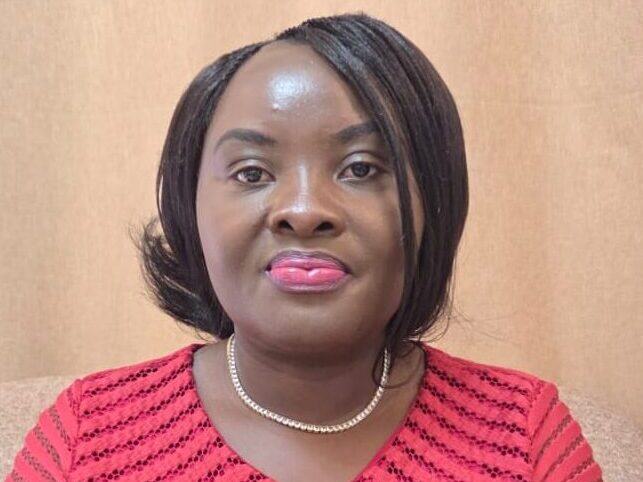
Author:
Musawo Justine K Odwongo
Psychiatric Nurses Consultant in the National Health Service -UK
The World Health Organisation (WHO) estimates that 1 in 4 people will experience a mental illness at some point in their lives and approximately 970 million people worldwide have a diagnosis of mental illness.
This reflects the recent increase in Uganda’s’ prevalence since 2022 reports 14 million people were affected with a mental disorder. Butabiika as the only specialist hospital reports being overwhelmed with population needs.
The UK has also seen a similar trend since 2020 : More adults have been reported diagnosed with schizophrenia while children and young people from 6-16yrs are being diagnosed with anxiety, substance abuse, bipolar and other mental disorders.
DON’T WAIT FOR IT TO COME HOME. LOOK OUT FOR KEY
ISSUES REPORTED:
Increased Domestic Violence: This adversely affects child development and can lead to long-term psychological issues.
Alcohol and Drug Abuse Among Youth: Substance misuse is rising among young people, contributing to mental health
challenges.
Trauma and Poverty: Communities are significantly impacted by trauma and poverty, which can exacerbate mental health
problems.
Work-Related Stress and Anxiety: High levels of stress in the workplace create a ripple effect, negatively influencing overall lifestyle and mental well-being.
Stigma and Social Isolation: The stigma surrounding mental illness, coupled with social ostracisation and discrimination, can prevent individuals in from seeking help and accessing mental health services which exacerbates their condition.
Tips on Mental Health First Aid in Society:
Listen Actively: Offer a supportive ear to those in distress. Show empathy and understanding without judgment.
Recognise Warning Signs: Be aware of the signs of mental health issues, such as changes in mood, behaviour, or social withdrawal, so you can provide appropriate support.
Encourage Open Conversations: Create a safe space for individuals to talk about their feelings and experiences. Normalise discussions around mental health.
Promote Help-Seeking Behaviour: Encourage individuals to seek professional help when needed, whether through counselling services, hotlines, or community resources
Provide Resources: Share information about local mental health resources, support groups, and educational materials to help individuals understand their options.
Practice Self-Care: Encourage individuals to prioritize their mental well-being through self-care practices, such as exercise, healthy eating, mindfulness, and relaxation techniques.
Develop Coping Strategies: Teach practical coping strategies, such as breathing exercises, journaling, or engaging in hobbies, to manage stress and anxiety.
Be Patient and Nonjudgmental: Understand that recovery is a process, and individuals may need time and support to navigate their mental health challenges.
Educate the Community: Organise workshops or seminars to raise awareness about mental health issues and the importance of mental health first aid.
Advocate for Change: Support initiatives that promote mental health awareness, reduce stigma, and improve access to mental health services within the community.
Author:
Musawo Justine K Odwongo
Psychiatric Nurses Consultant in the National Health Service -UK
President Ugandan Nurses and midwives’ association -UK
Founder Mindbodyandsoul For mental health and wellbeing UK
PHD Research student Liverpool John Moore’s university